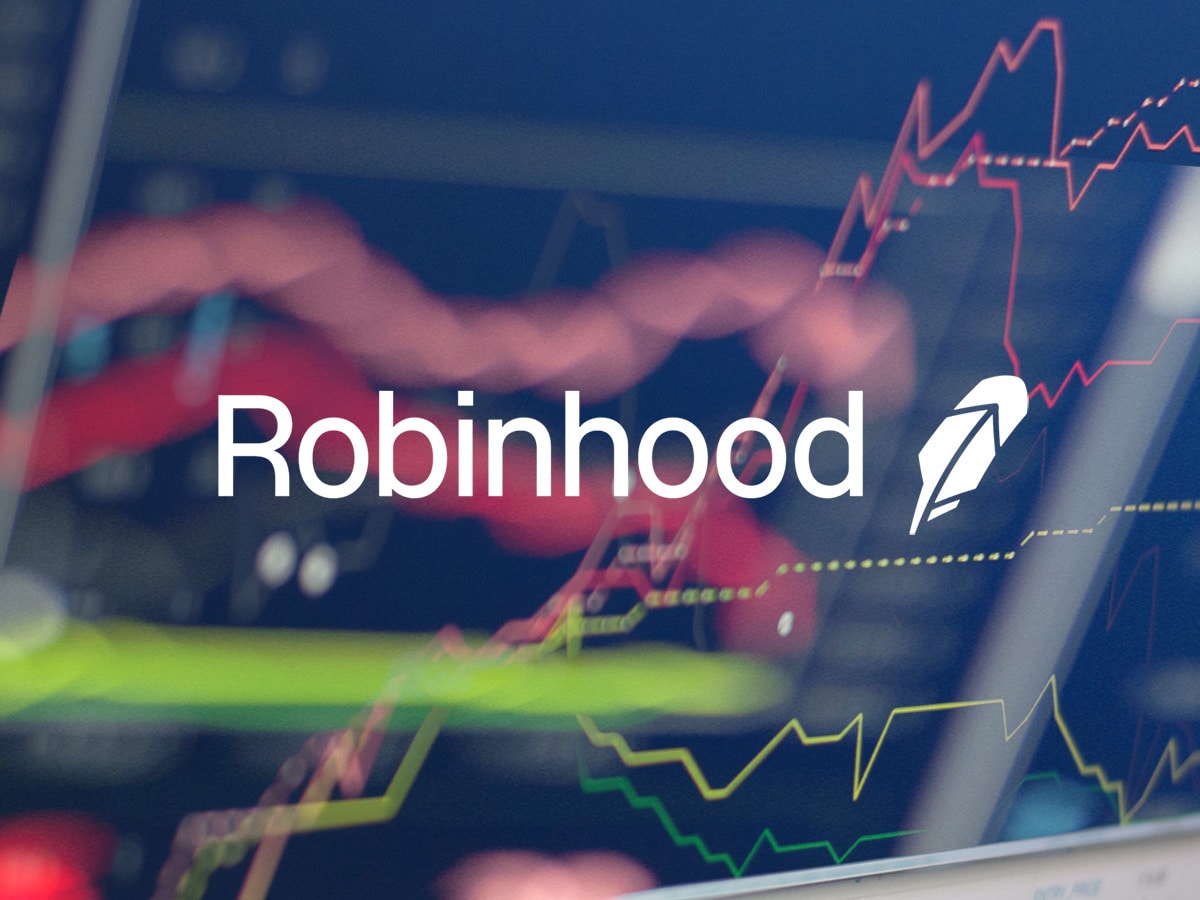Robinhood [HOOD] stock is synonymous with the Reddit fuelled trading frenzy - - think Gamestop [GME], AMC [AMC], short squeezes. At the height of the phenomena that started in 2020 and continued into this year, the online broker was the choice for many newbie investors.
But the one-off mass-trading events that propelled Robinhood are precisely the reason that Deutsche Bank floated Robinhood’s stock as its latest sell idea on Friday. According to analysts at Deutsche, Wall Street has overestimated Robinhood’s growth potential, which it now expects will slow in the fourth quarter.
“We believe the meme stock phenomenon we witnessed en masse earlier in the year was more applicable to Robinhood’s recent customer growth and likely resulted in overestimation of the company’s core fundamentals and growth trajectory,” wrote Brian Bedell, research analyst at Deutsche Bank.
Bedell sees a ‘tug of war’ between those betting on Robinhood’s long-term growth potential as a trading platform versus those concerned about nearer-term challenges.
What’s happening with Robinhood’s stock?
Robinhood’s stock closed 5.04% down Friday at $28.99, and over the longer-term it's been decidedly one-way trading for the online broker. Since Robinhood’s IPO at the end of July, the stock is down over 5.5% (as of 19 November) and 34% from closing at $70 hit on 4 August.
The August high came as retail traders embraced the stock on social media a week after the company’s underwhelming IPO. This support seems to have subsided.
Robinhood stock downgraded by Atlantic Equities
Deutsche’s decision comes after Atlantic Equities analysts downgraded Robinhood’s stock from Overweight to Neutral. Most significantly, Atlantic Equities analyst John Heagerty slashed his price target from $65 to $35 - one of the lowest of the major analysts, not far off Friday’s closing price, and a revision that Heagerty himself describes as “substantial”.
$35
Atlantic Equities' John Heagarty's share price target for the Robinhood stock
Feeding into Deutsche’s narrative around Wall Street overestimating Robinhood, Heagerty is concerned about slowing customer growth, saying that the previous Overweight rating was based “on rapid growth and a gradual expansion of operating margins”. However, based on third quarter numbers and the outlook fourth quarter guidance “growth will be dramatically lower than our original expectations, at least in the near term.”
Where next for the Robinhood stock?
Robinhood badly missed Wall Street expectations in third quarter numbers. A net loss of $2.06 a share was well wide of the expected $1.37. Revenues came in at $385m, missing the expected $431.5m, and while this was up year-on-year, it was below the $565m reported in the previous quarter. Monthly active users were also down compared to the second quarter, coming in at 18.9m, down from 21.3m. CFO Jason Warnick told CNBC that the previous second quarter results had been fuelled by ‘idiosyncratic market events’ including trading around cryptocurrency dogecoin.
$385million
Q3 revenues missed expectations of $431.5m, and were down $180m from Q2
Robinhood’s CEO and founder Vlad Tenev said that the third quarter was about developing more products, including a cryptocurrency wallet which more than a million people have expressed interest in. For the fourth quarter, Robinhood said that it expected ‘many of the factors’ that weighed on third-quarter results to persist into the fourth quarter.
Considering that Robinhood is expecting headwinds to continue, investors will have to make up their own minds over whether the stock’s poor performance since listing makes it a bargain. At the very least, the price deterioration could represent a correction removing a lot of the hype and actually making the stock fairly priced. That’s especially true if you buy into Robinhood’s longer-term vision as a trading platform for the masses.
Continue reading for FREE
- Includes free newsletter updates, unsubscribe anytime. Privacy policy





